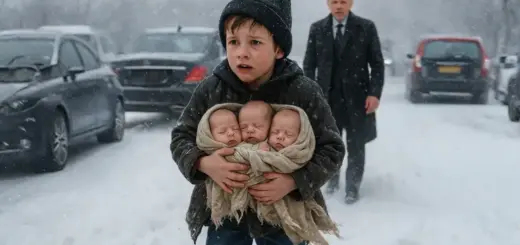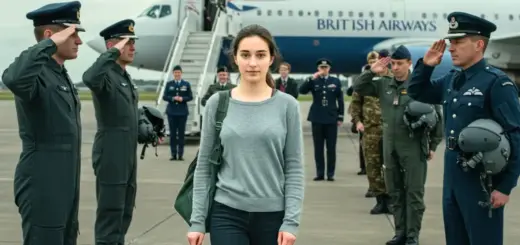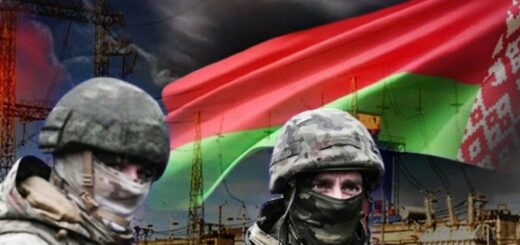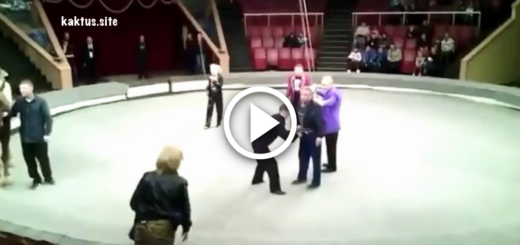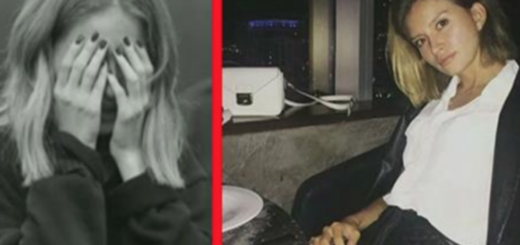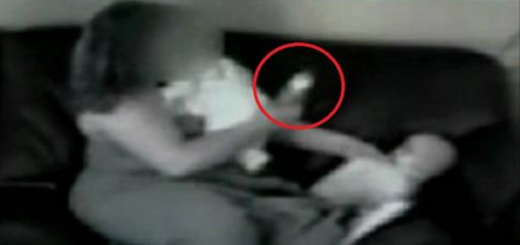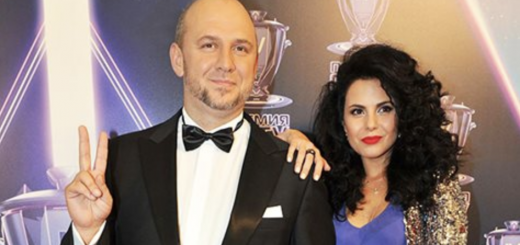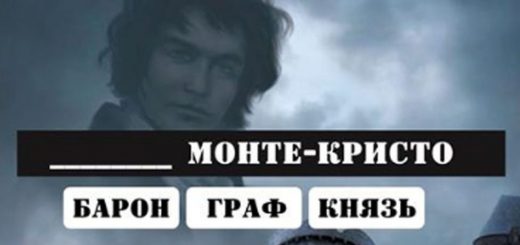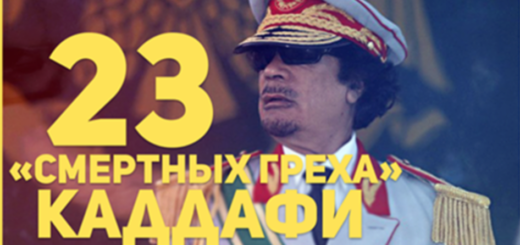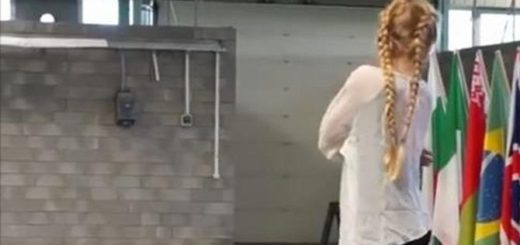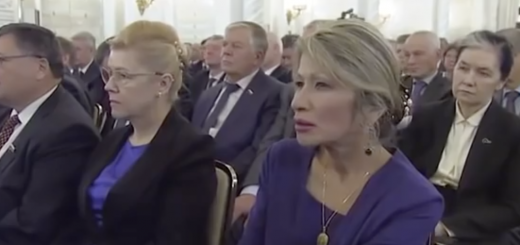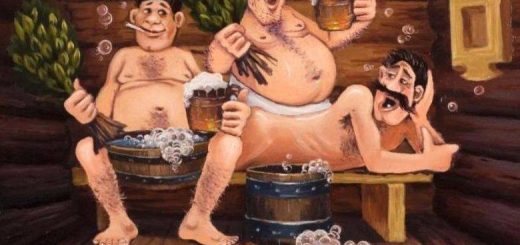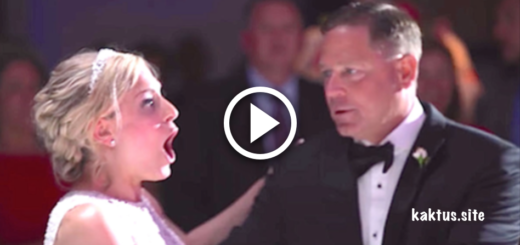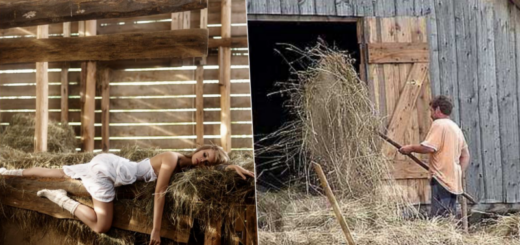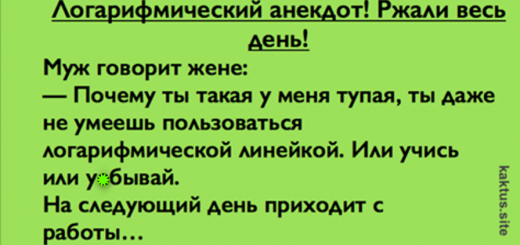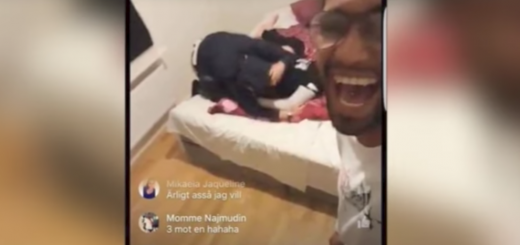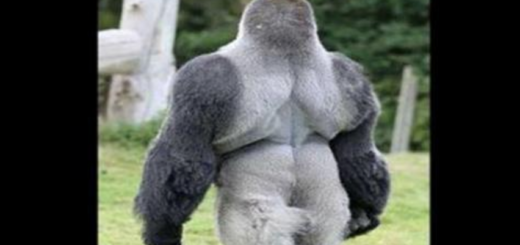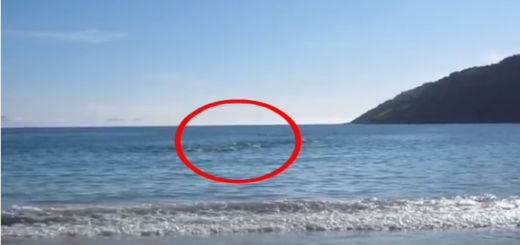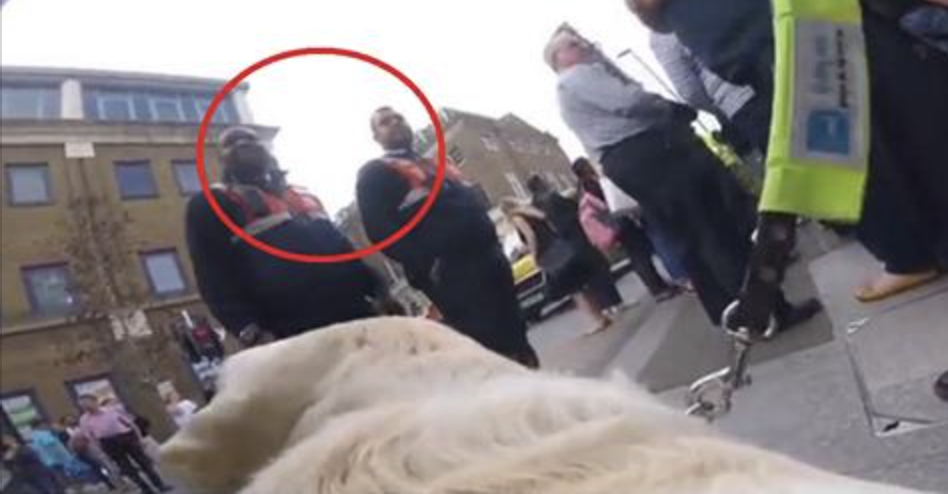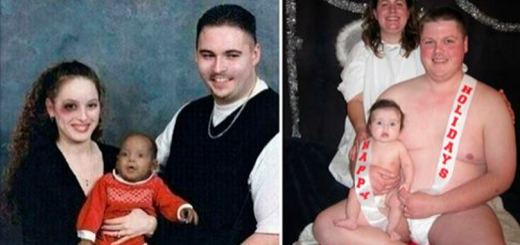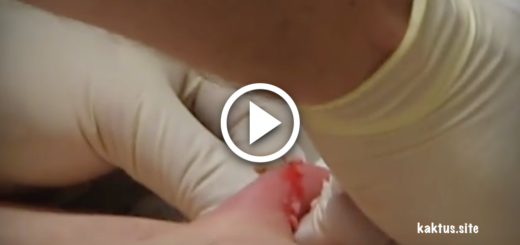Then, on a bitterly cold Thursday in November, he didn’t appear.
Olivia found her eyes darting to the door every time the bell chimed, a knot of anxiety tightening in her stomach. She had Brenda make his usual plate of pancakes anyway, placing it at his empty booth on the off chance he was just running late.
— “Waste of perfectly good food,” Brenda muttered as she walked past.
When it was time to close, the plate sat cold and untouched, a silent rebuke. Olivia couldn’t bring herself to throw it out; she wrapped it up and took it home.
The boy was absent the next day, and the day after that. An entire week went by without a sign of him, and Olivia began to fear that Brenda’s cynical prediction had come true. Had he just vanished, the way strays do? The thought left a hollow ache in her chest. She knew nothing about him, not even his name, but his absence felt like a small, essential light had been extinguished from her world.
— “Told you,” Brenda said on the tenth day of his absence. Her tone wasn’t malicious, just weary with the certainty of someone whose pessimism was consistently proven right. “They never stay once the well runs dry.”
During this time, Olivia noticed a customer discreetly taking pictures of the empty booth, where she still sometimes left a plate out of habit. A day later, she learned why. A post had appeared in a local community Facebook group, “Greendale Town Chatter,” featuring the photos with a sarcastic caption: ”The Morning Glory Diner: Now Serving Imaginary Friends!” The comments below were a torrent of casual cruelty.
“Probably a publicity stunt to look charitable.”
“That waitress needs to get a life. Stop encouraging vagrancy.”
“This is how you get taken advantage of. Some sob story is coming next, mark my words.”
Olivia had always considered herself resilient, but the viciousness of the online comments stung. Alone in her apartment that night, she found herself questioning her own motives for the first time. Was she a fool for helping a stranger? Was she just projecting her own history onto a boy she didn’t even know?
Seeking solace, she opened a small cedar box where she kept her most treasured possessions. Inside was a worn photograph of her grandfather in his Army uniform, a kind smile on his face despite the harsh, foreign landscape behind him. Next to it was the small, leather-bound journal he had carried throughout his service. Olivia opened it to a page creased from countless readings, the words a familiar comfort.
“Gave half my ration to a local kid today. Sergeant called me a fool, said the boy would probably sell our position for a piece of candy. Maybe so. But the look in that boy’s eyes when he ate… it was the same look I had when Grandma would save me the last biscuit after a long winter. You don’t get poorer by sharing what you have. But the soul of a man who refuses to share will stay hungry forever.”
Olivia traced the faded ink of her grandfather’s handwriting, a sense of clarity washing over her. She didn’t need a name or a backstory to recognize need. And need, whether for food or for comfort, simply asked for an answer, not an interrogation. Nobody knew the boy’s name. Nobody would remember her face. But for a little while, every morning, a child wasn’t hungry.
On the twenty-third morning of the boy’s absence, Olivia arrived at the diner with her hope worn thin. The habit of glancing at the door at 7:15 a.m. remained, but the sharp pang of anticipation had dulled into a quiet resignation. Even so, she prepared a small plate of pancakes and set it at his booth. Just in case.
At 9:17 a.m., the world shifted on its axis.
It began with an abrupt silence that swallowed the diner’s usual morning chatter. Olivia, who was refilling a coffee cup near the front window, looked up to see four black SUVs with government license plates executing a synchronized turn into the parking lot. They came to a stop in a flawless semicircle, blocking the entrance.
Inside the diner, conversations died mid-sentence. Forks hovered over plates. Outside, pedestrians paused on the sidewalk to gawk as men in crisp uniforms emerged from the vehicles, taking up positions of attention by each door.
From the front passenger side of the lead vehicle stepped a man who radiated an aura of command. He was tall, with a face weathered by too much sun and not enough peace. He was wearing the formal dress uniform of a high-ranking military officer, his chest a tapestry of ribbons and medals that glinted in the morning light. After a brief scan of the diner’s exterior, he walked with purpose toward the entrance, flanked by two younger officers.
The bell above the door chimed, its sound unnaturally loud in the vacuum of silence.
Mr. Henderson hurried out from his office, fumbling with his tie.
— “Good morning, gentlemen. How can I help you?” he asked, his voice an octave higher than usual.
The senior officer removed his cap, revealing close-cropped, graying hair.
— “I’m looking for one of your employees. A woman by the name of Olivia.”
The diner became so still that Olivia could hear the low hum of the drink cooler behind the counter. Every head in the room turned toward her as she stepped forward, the coffee pot still clutched in her hand.


